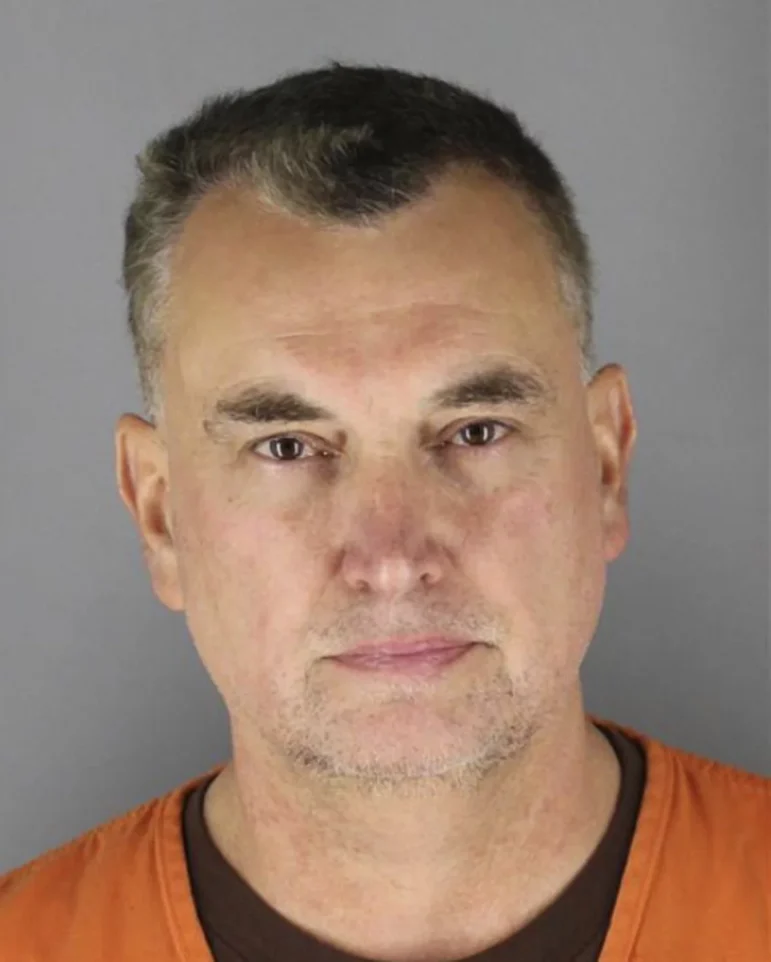
MIAMI – The recent New York Times editorial by David French sparked a great deal of internal reflection and conversation with colleagues. I want to share some thoughts—not to be alarmist, but because I believe it’s important for our community to be aware of evolving narratives in American Christianity that may impact us. The fringes of Christian spirituality, once dismissed as extreme, are inching closer to the mainstream.
French’s editorial centers on Vance Boelter, the man in custody who allegedly stalked and attacked four Minnesota lawmakers last week, killing State Rep. Melissa Hortman and her husband, and wounding Sen. John Hoffman and his wife. French didn’t just identify Boelter as a political extremist—he called him a Christian assassin. “Boelter wasn’t just a political assassin; he was a Christian assassin,” French wrote. “A person deeply connected to one of America’s most radical religious movements”.
Boelter was a graduate of Christ for the Nations Institute (CFNI), a school founded in 1970 by James Gordon Lindsay, a leader in the Latter Rain movement. Although CFNI condemned Boelter’s actions and distanced itself from him, the theological legacy it represents continues to shape the New Apostolic Reformation (NAR), a powerful movement within Independent Charismatic Christianity. NAR promotes the restoration of prophets and apostles and views the secular state as a demonic force to be replaced by institutions rooted in Christian law. The N.A.R. and the related independent charismatic movement are home to many of the most extreme Christian Trump supporters, who view Trump as divinely chosen to combat the “godless left.”

Booking photo of Vance Boelter in Green Isle, Minn., Photo Credit: Hennepin County Sheriff’s Office
Within this movement, prophecy, spiritual warfare, and apocalyptic visions are not fringe beliefs—they are central. Influential figures like Jonathan Cahn openly compare Donald Trump to the biblical Jehu, a violent king who enacted divine vengeance. Cahn has said Jehu was chosen to “make the nation great again” and “drain the swamp,” directly tying prophetic violence to modern politics. A photo from CFNI’s lobby even quoted founder Lindsay saying, “Everyone ought to pray at least one violent prayer each day.” CFNI has since said this was meant metaphorically—to encourage passionate prayer—but the word “violent” is hardly neutral, and its use matters.
Boelter went on to found Revoformation Ministries and was ordained within that context. His sermons, available online, suggest a worldview dominated by spiritual warfare: a battle against demonic forces, with targets including abortion, gender transition, and what he saw as the rise of witchcraft.
That’s where this becomes relevant for the Pagan, Witch, Heathen, and polytheist communities.
Charismatic Christians, especially in NAR-influenced circles, increasingly frame Paganism and Witchcraft as evidence of spiritual decay or demonic influence. While many liberal Christians promote prayer and discernment over violence, more radical groups have taken an aggressive stance. There are modern instances of harassment and infiltration—such as the group in Pickens, South Carolina, that disrupted Pagan spaces—and spiritual warfare rhetoric that places us as enemies in an imagined cosmic battle.
I should note that Christ for Nations Institute (CNFI) condemned Boetler’s attack:
“We are absolutely aghast and horrified that a CFNI alumnus is the suspect. This is not who we are. This is not what we teach. This is not what we model. We have been training Christian servant leaders for 55 years and they have been agents of good, not evil.”
They added that they have had no contact with Boetler in 35 years and reject attempts to align Boetler’s actions with their teachings. Moreover, CNFI stated that online sources have misquoted and distorted founder Gordon Lindsay’s remark that “every Christian should pray at least one violent prayer a day,” taking it out of context and misrepresenting its intended meaning.
They added that “By ‘violent prayer’ he meant that a Christian’s prayer-life should be intense, fervent, and passionate, not passive and lukewarm,” Christ for the Nations Institute’s statement reads.
Now, I consider myself reasonably competent in English, and I disagree with their interpretation of the term ‘violent’. In the Oxford English Dictionary (OED), the word “violent” primarily means characterized by or involving physical force that is intended to hurt or kill. It can, on occasion, refer to actions or emotions that are intense, extreme, or forceful. None of that sounds peaceful to me, or related to Christ’s message of kindness, but fair enough.
Boelter’s worldview was not born in isolation. It grew in an environment where witchcraft is demonized, queerness is seen as spiritual corruption, and Christian supremacy is preached as divine mandate. French’s framing of Boelter as a Christian assassin underscores how dangerous these ideologies can become when coupled with political extremism.
We cannot afford to ignore this rhetoric.
While there’s no direct evidence that Boelter targeted Pagans or Witches, the broader ideological environment he came from undoubtedly regards us as adversaries. We are already seeing an uptick in rhetoric framing Paganism as a threat, and in some cases, behavior aimed at silencing, discrediting, or driving us out of public space.
So what should we do? Stay informed. Remain visible. Support one another. Know that the systems of belief fueling this extremism are not abstract—they are growing, organized, and even more politically active.
And we must remain vigilant.
The Wild Hunt is not responsible for links to external content.
To join a conversation on this post:
Visit our The Wild Hunt subreddit! Point your favorite browser to https://www.reddit.com/r/The_Wild_Hunt_News/, then click “JOIN”. Make sure to click the bell, too, to be notified of new articles posted to our subreddit.